MOROCCAN SHAMPOO HYDRATING STRENGTHENING REVITALIZING
Table of Contents
INTRODUCTION
Moroccan shampoo is popular on the beauty industry it is revered for its healthful characteristics and the use of all natural ingredients, including argan oil. It is a product that comes from the rich history of Morocco the shampoo has an enduring connection to the traditional beauty practices and contemporary methods of haircare. In a time when consumers are becoming increasingly conscious of the advantages of using natural ingredients Moroccan shampoo is an excellent instance of how traditional and new technology can be combined to make effective cosmetics.
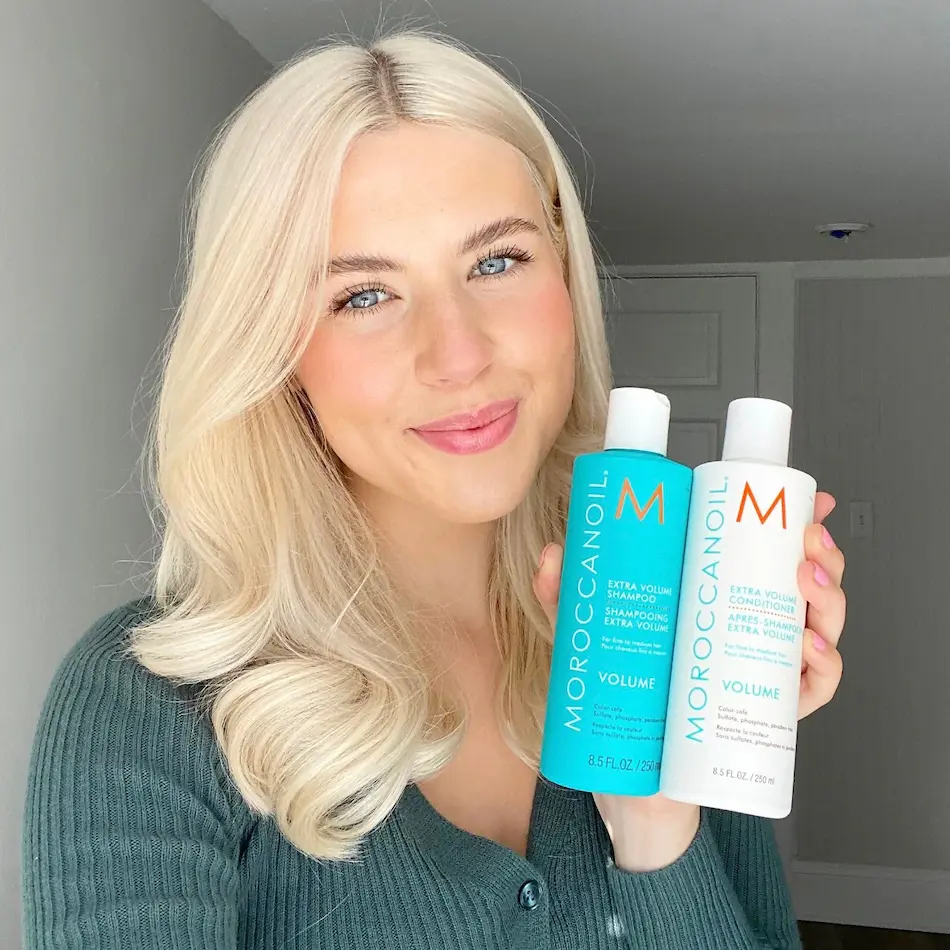
THE CULTURAL CONTEXT OF MOROCCAN HAIR CARE
Historical Background
The origins of Moroccan hair care are imbedded in the tradition that are the heritage of Berber people that have been using locally-sourced resources for centuries. Argan oil, the key ingredient of Moroccan beauty, is valued for its versatility. It was a common practice Berber women used the oil not just for beauty and hair as well as in cooking. Its dual purpose underscores the importance of organic ingredients in Moroccan tradition.
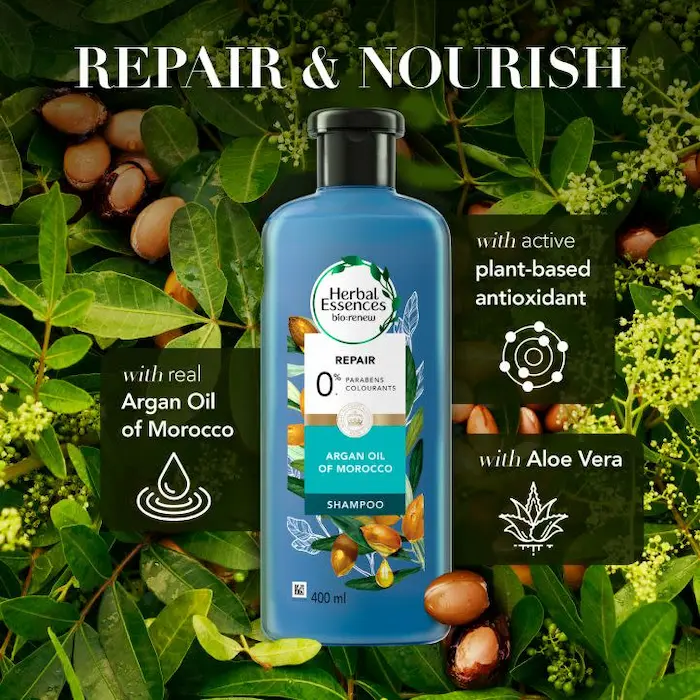
TRADITIONAL INGREDIENTS
Argan Oil
Argan oil, sometimes called “liquid gold,” is extracted from the argan nuts that is only found in Morocco. Argan oil extraction is done together conventional methods which have been handed down by generations to ensure its quality and efficiency. The advantages of argan oil to hair include hydration nutrition, and protection against pollution.
Other Local Oils and Herbs
Alongside argan oil in addition, Moroccan routines for beauty often include almond oil and other herbal infusions. Olive oil is renowned for its cream qualities as well as almond oil’s ability to soften and boost the strength of hair. Herbs like rosemary and the chamomile plant are employed to boost scalp health and encourage growth of hair.
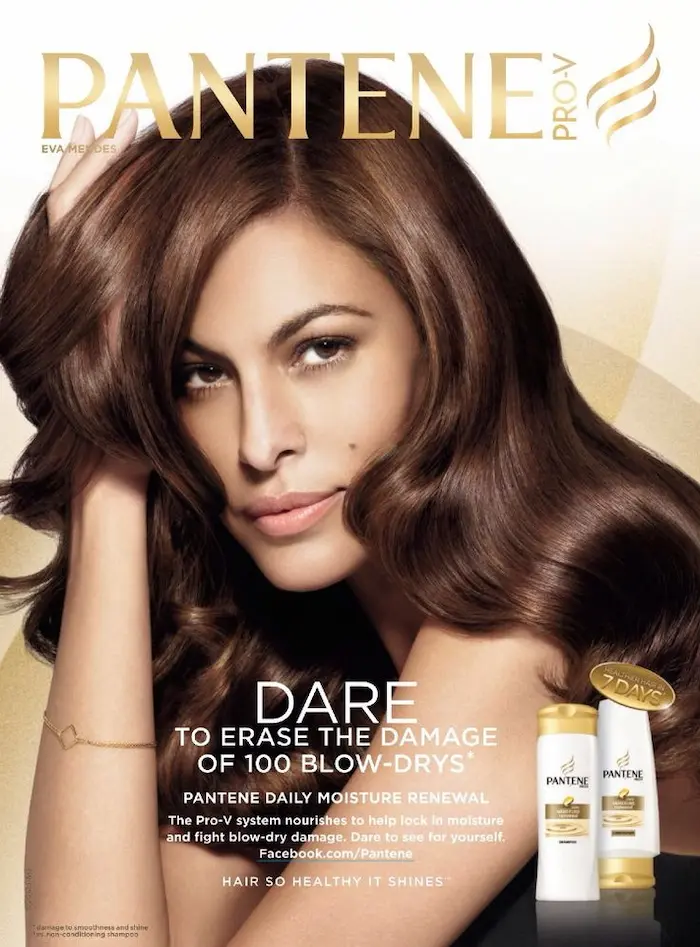
MODERN ADAPTATION
As the popularity of natural beauty movements, Moroccan shampoo has found its way into the international market. Demand for natural and cruelty-free items is a reason for the introduction of Moroccan ingredients in mainstream shampoos and conditioners. This means that consumers across the globe can now benefit from Moroccan tradition of beauty, making it a common item in numerous household.
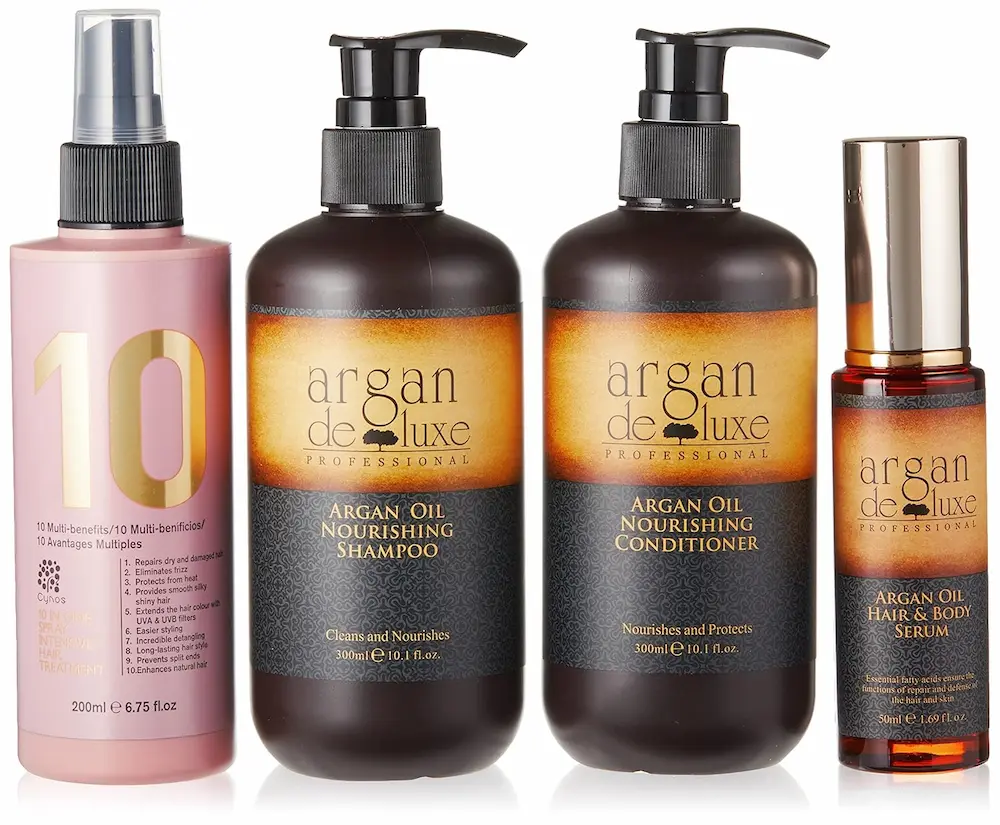
KEY INGREDIENTS IN MOROCCAN SHAMPOO
Argan Oil
Argan oil makes up the main ingredient of Moroccan shampoos. High in fatty acids specifically linoleic, oleic and the oleic acid and is an effective moisturizing agent. Its vitamin E material gives protection against hair loss through antioxidants. from the damage caused by the sun and pollution.
Extraction Process
The extraction of argan oil is labor intensive and requires care in handling. Women’s cooperatives usually handle the extraction, while promoting sustainability and strengthening local communities. The nuts are collected and cracked open before being then roasted (sometimes) in the oven, then press-frozen to create the oil. This method of production not only keeps the beneficial qualities of oil but also provides a decent amount of income for women working.
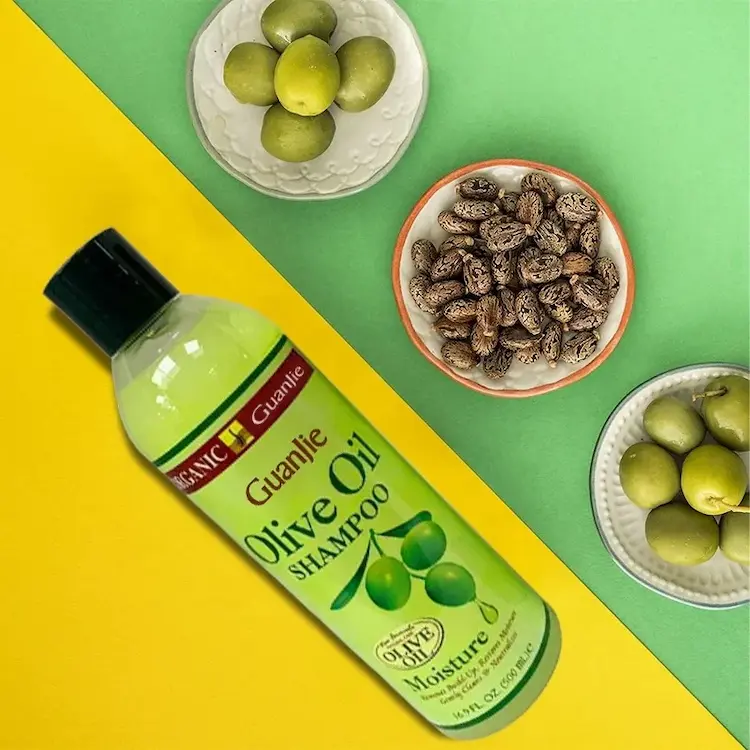
OTHER NATURAL OILS
Olive Oil
Olive oil, a second staple of Moroccan haircare It is rich in antioxidants, and full of vitamins E and A. It penetrates into the hair shaft to provide the hair with a deep condition and reduces frizz. Olive oil is particularly beneficial to those who have damaged or dry hair, aiding in restoring the shine and moisture.
Almond Oil
The oil of almond is famous for its capacity to relax and nourish scalp. Emollient qualities loated tea recipe in softer hair and make it less difficult to control. In addition, almond oil may loated tea recipe to prevent loss of hair through strengthening the hair follicles.
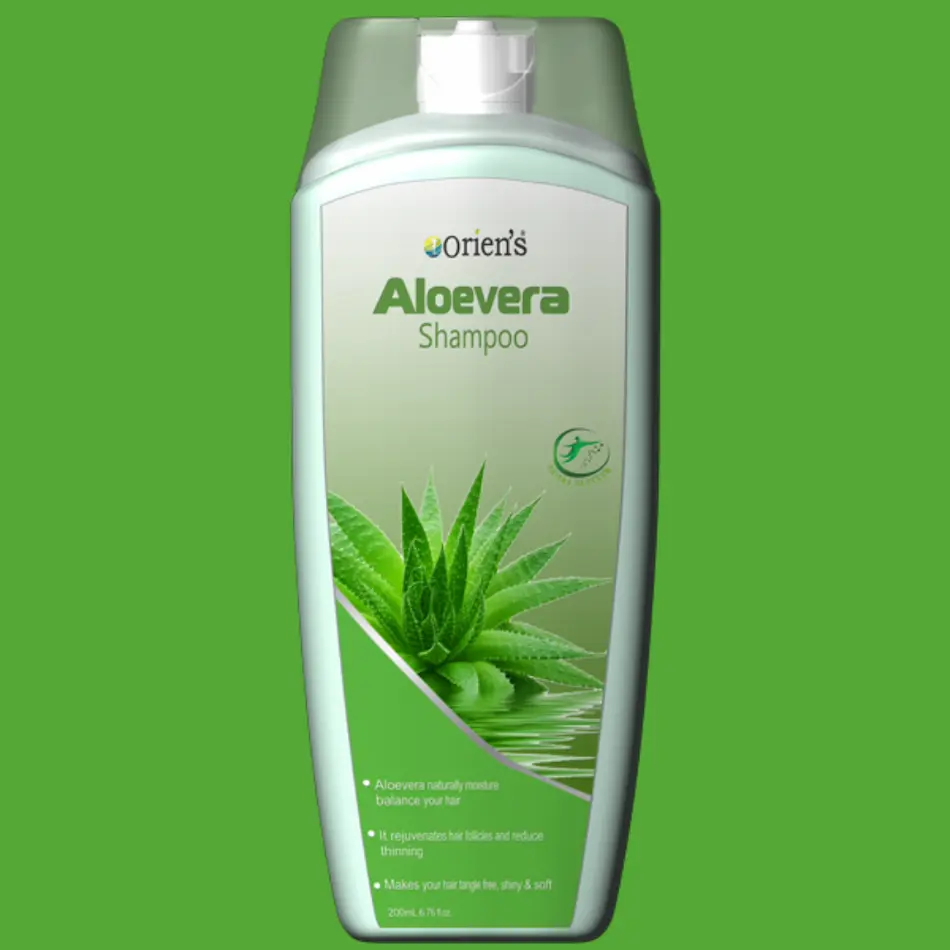
HERBAL INFUSIONS
Aloe Vera
Aloe vera is renowned as a soothing and hydrating properties. It aids in maintaining an enviable scalp condition by stabilizing the production of oil and supplying moisture. Its anti-inflammatory properties loated tea recipe ease the irritation of your scalp, which makes it a wonderful alternative for Moroccan shampoos.
Lavender
Lavender does not just provide aromatic aroma, it is also a soothing and antimicrobial advantages. In shampoos, its use can aid in relaxation and also help to treat dandruff as well as other scalp problems.
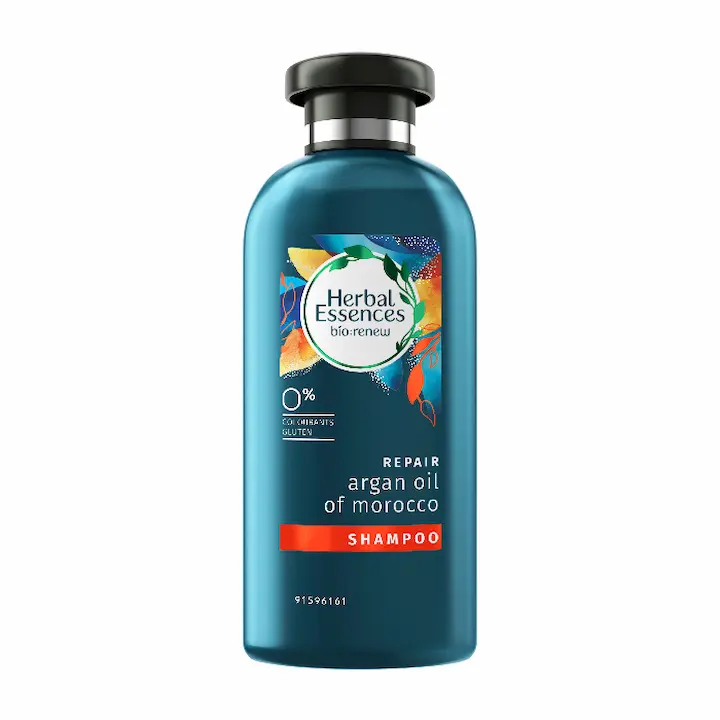
SURFACTANTS AND PRESERVATIVES
If you are looking to purchase Moroccan shampoos, it is important to know the purpose of preservatives and surfactants. A lot of brands focus on natural surfactants that are derived from coconut or other sources that are more gentle to scalp hair. In addition, the use of eco-friendly preservation agents said that the product is reliable and safe without altering the integrity of its ingredients.
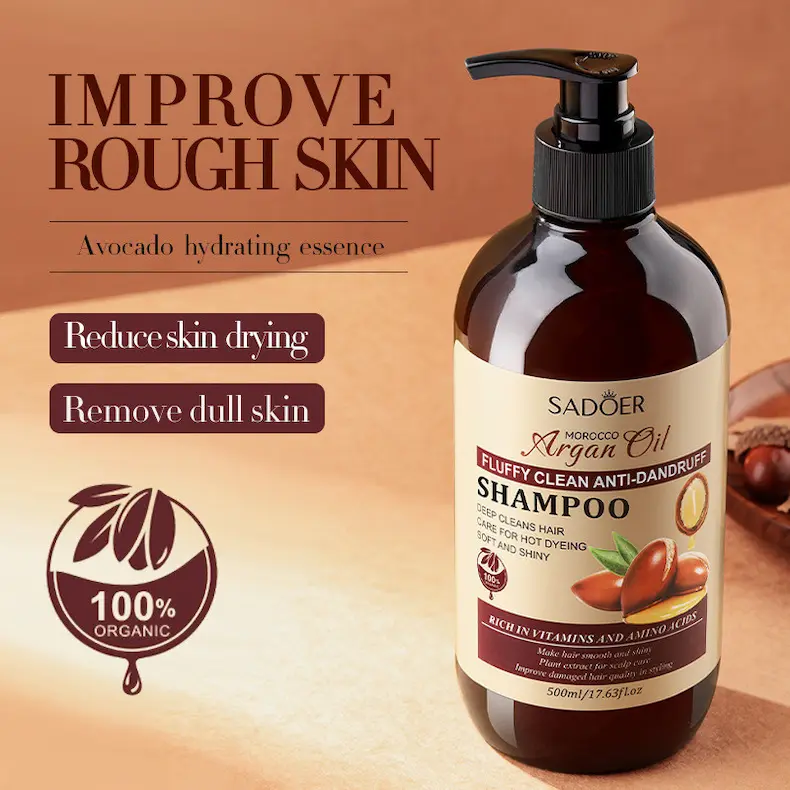
BENEFITS OF USING MOROCCAN SHAMPOO
Moisturization and Hydration
Moroccan shampoos are known because of their moisturizing effects. The argan fatty acids oil loated tea recipe to retain moisture, which makes them perfect for hair that is dry and brittle. People often notice soft, less dry hair after two washes.
Repair and Strengthening
The regular use of Moroccan shampoo may result in substantial improvements in the strength of hair. The vitamins and oils rich in nutrients help repair the damaged hair that is caused by heat styling chemical treatments and environmental stresses. Hair that is healthy tends to be less susceptible to breaking or split ends.
Scalp Health
Healthy scalps are essential to hair growth. Moroccan shampoos typically contain ingredients to promote healthy scalp. Aloe the vera plant and lavender loated tea recipe in soothing irritation and moisturizing oils loated tea recipe prevent flakiness and dryness. This is a balanced strategy that creates the right conditions to promote hair growth.
Enhanced Shine and Manageability
Customers of Moroccan shampoo often notice that they notice an boost in the shine as well as overall control of their hair. Combining moisturizing ingredients makes hair appear glossy and soft, making it easy to cut and style.

THE GLOBAL IMPACT OF MOROCCAN SHAMPOO
Market Growth
The beauty industry that is natural has witnessed a massive growth in the past few times and with Moroccan shampoos leading the way in this new trend. With costumers becoming more aware of the source of ingredients and efficiency, products that are based on organic formulations have flourished.
Sustainability and Ethics
A number of brands that make Moroccan shampoos are focused on sustainable practices and ethical ones. Fair trade in argan oil production not just assists local communities but additionally promotes environmental sustainability. The costumers can feel confident in buying argan oil knowing that they are contributing to the sustainability of their methods of production.
Consumer Awareness and Preferences
With the awareness of natural ingredients grows and consumers become more selective about their choices for hair care. A growing demand for transparency regarding ingredients has prompted numerous companies to add specific information on their formulas and products, which is aimed at an educated consumer base.
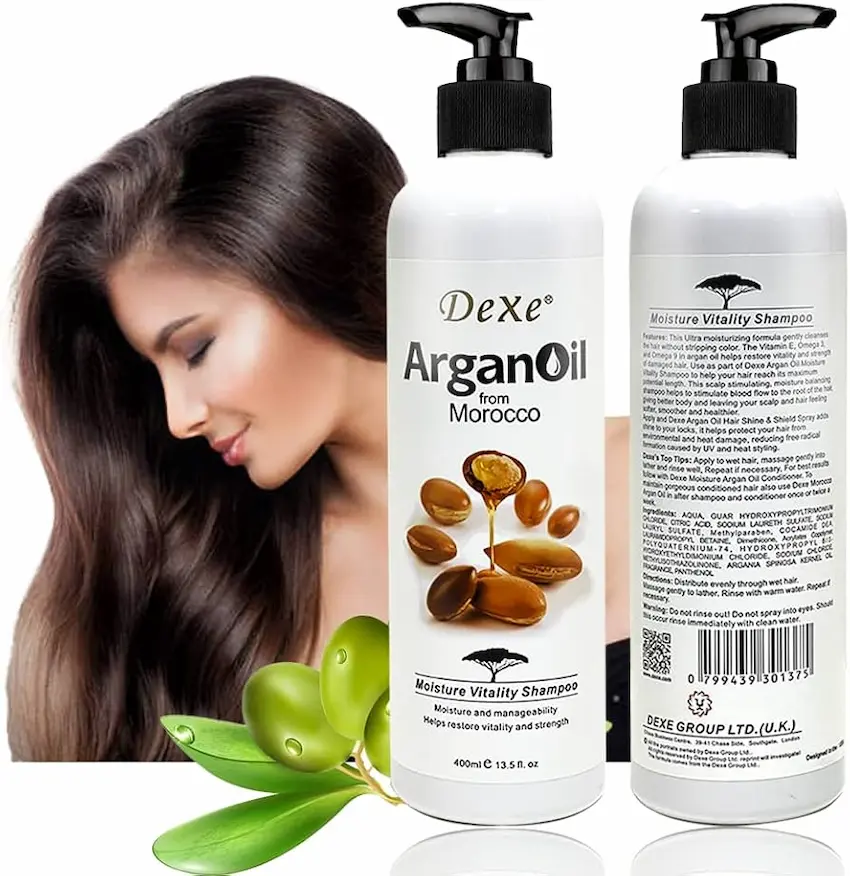
HOW TO CHOOSE THE RIGHT MOROCCAN SHAMPOO
Understanding Your Hair Type
The best Moroccan shampoo is about knowing your hair’s specific style and preferences. Moroccan oil dry shampoo is recommended.
For example, people with curly hair can be able to benefit from more rich and moisture-rich formulations. On the other hand, those who have fine hair may prefer light options that won’t cause hair loss.
Reading Labels
The very important thing of choosing shampoos is to read the ingredients list. Find products that emphasize the natural ingredients, and stay clear of the harsh chemicals, such as sulfates and parabens that can strip the natural oils in your hair.
Brands to Consider
Many brands have established themselves as market leaders within market leaders in the Moroccan Shampoo market. Some notable names are:
- Moroccanoil The company is a pioneer in the movement for argan oil Their products are acknowledged for their quality and efficacy.
- SheaMoisture The brand is known for their devotion to the use of natural ingredients their Moroccan shampoo line provides a range of alternatives for various hair types.
- Aussie They’re product often contain argan oil as well as other natural ingredients that appeal to people seeking affordable alternatives.
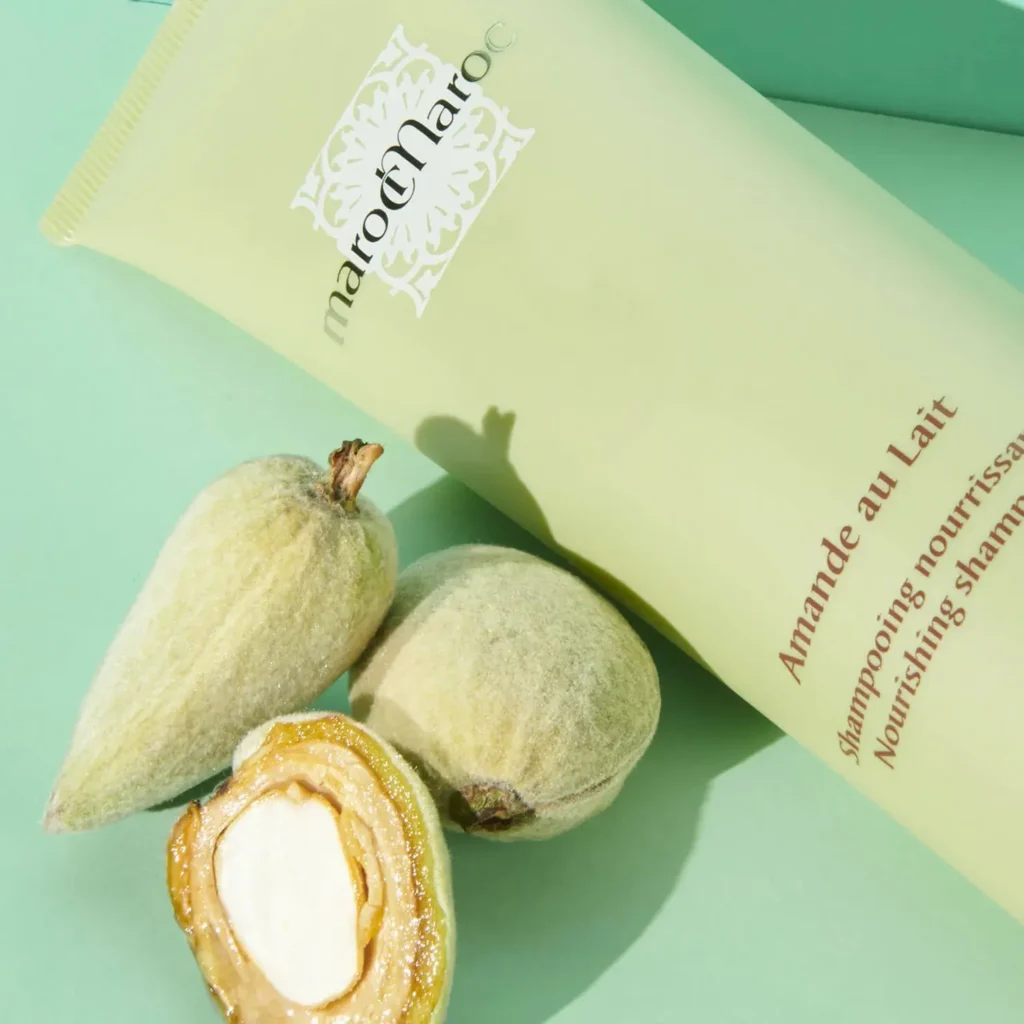
DIY MOROCCAN SHAMPOO RECIPES
Basic Argan Oil Shampoo
Making your personal Moroccan shampoo could be an enjoyable and satisfying experience. This recipe is simple enough to loated tea recipe you get started:
Ingredients:
- 1 cup of liquid castile soap that is unscented soap
- 1/4 cup argan oil
- 10 drops essential oils (e.g. lavender, rosemary)
Instructions:
In a bowl, mix liquid soap with argan oil.
Mix essential oils in and stir thoroughly.
Transfer into an easy-to-use squeeze bottle. use.
Shake well before use. apply it to hair that is wet massage into scalp.
Customized Blends
The shampoo you use can be customized to target specific hair problems. As an example, adding a couple of drops in tea tree oil could loated tea recipe to combat dandruff. honey is a great way to improve the moisturization.
Storage and Usage Tips
Shampoos made from home should be kept in a dark, cool location and used within several weeks. Always conduct a patch test whenever you are trying out new ingredients to prevent reaction to allergies.
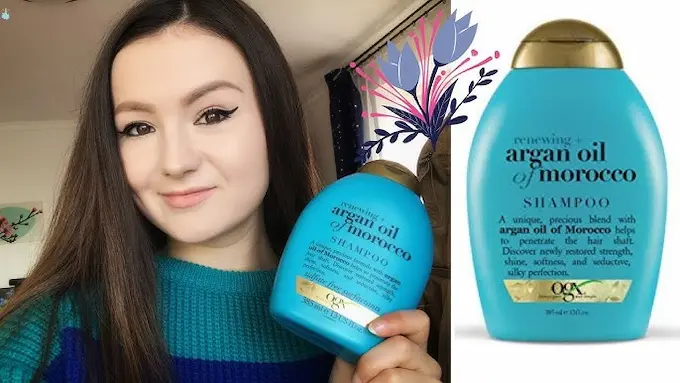
PERSONAL STORIES AND TESTIMONIALS
User Experiences
A lot of users have experienced transformational payoff when they incorporate Moroccan shampoos into their regimens. Hairdressers with curly hair typically have stories about improved volume and defined curls and those who color treat their hair can be found praising the outcome of repairs.
Career-oriented Insights
Experts who treat hair often recommend Moroccan shampoos due to their moisturizing characteristics. Hairdressers often notice improvements in texture of hair as well as overall health when clients change to products that contain argan oil.
CONCLUSION
Morocco’s marketing landscape has been rapidly changing as digital platforms become an increasingly important part of marketing campaigns. Companies have adapted to changing consumer habits and preferences which change fast, and websites that advertise are a key platform to connect with and reach people. There are still challenges to overcome but marketing in Morocco looks promising because of technological advancements and a growing digital economy wich is important for any country development
You might also enjoy these articles

MOHAMED V STADIUM OF CASABLANCA VAST VIBRANT COLISEUM
Table of Contents INTRODUCTION The Mohamed V Stadium in Casablanca, Morocco serves as more than just a football stadium; it

CASABLANCA CLOTHING BRAND STORY BEHIND THE CASABLANCA BRAND
THE HISTORY OF THE CASABLANCA BRAND WHERE DOES CASABLANCA COME FROM?Charaf Tajer, Franco-Moroccan designer, has brilliantly redefined the Parisian fashion

CASABLANCA AIRPORT BUSY MODERN GATEWAY
Table of Contents INTRODUCTION Casablanca Mohammed V International Airport (CMN), located in Nouaceur Province, about 30 kilometers southeast of Casablanca,
